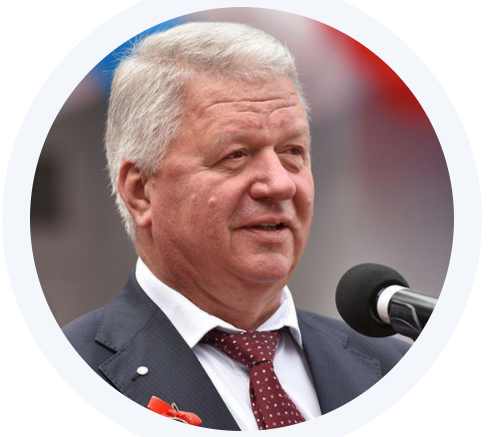When Russia launched its unprovoked and illegal invasion of Ukraine more than two years ago, most trade unionists — like most people — looked on with horror. Unions around the world were swift to condemn the aggression. But not the Russian national trade union centre FNPR. Instead, FNPR turned into a cheerleader for the Vladimir Putin and the Russian state.
It was not supposed to be that way. With the collapse of the Soviet Union a generation ago, unions in Russia declared their independence of state control. FNPR’s betrayal of core union values shocked their sister unions in the International Trade Union Confederation (ITUC). There were calls for their expulsion. In the end, the FNPR suspended its membership and walked away in a huff.
This week, the International Labour Conference convenes in Geneva, as it does every June. This year one of its tasks is to elect members of the ILO Governing Body. A number of those elected for three year terms are chosen by the Workers’ Group, representing trade unions around the world. And this year, there is a problem.
The unions need to choose 33 representatives and in advance of the vote, the ITUC has proposed 31 candidates. They have deliberately not made recommendations for one full member and one deputy member. Apparently, there is a history to this. During the Cold War, the ITUC’s predecessor left a seat vacant which was taken up by the Soviet Union. In recent years, they’ve left a vacancy for the Chinese regime as well.
Until this year, they have included representatives of the Russian trade union federation FNPR in the list of recommended candidates. But not this time. For the first time this century, the ITUC is not recommending them, for obvious reasons. The FNPR’s support for Putin’s criminal war makes them unacceptable as representatives of the international trade union movement.
Nevertheless, the FNPR are standing for one of the deputy positions. They are likely to have supporters from countries which have been less critical of Putin and his war — for example, the South African, Brazilian and Indian unions. ITUC affiliates need to decide individually if they will cast votes for the FNPR candidate. Among those needing to make a decision is the British TUC.
Frank Hoffer, in the “Global Labour Column”, has called that decision a test for unions. “The fewer votes the FNPR candidate gets the stronger the signal,” he writes.
Unfortunately most trade unionists, even the activists, even those concerned about international solidarity, probably know very little about the ILO, its Governing Body and the Workers’ Group. There will be almost no pressure from below on national trade union centres like the TUC to vote one way or another.
And yet, it does matter. The election of one of Putin’s loyal men to the ILO Governing Body would be a bad thing, and would send the wrong signal, especially to Ukraine and other countries threatened by Russian aggression.
More than 100 years after its creation, the ILO is still important to the labour movement. Activists who do care about international solidarity must pay attention — and make our voices heard.
This article appears in this week’s issue of Solidarity.
